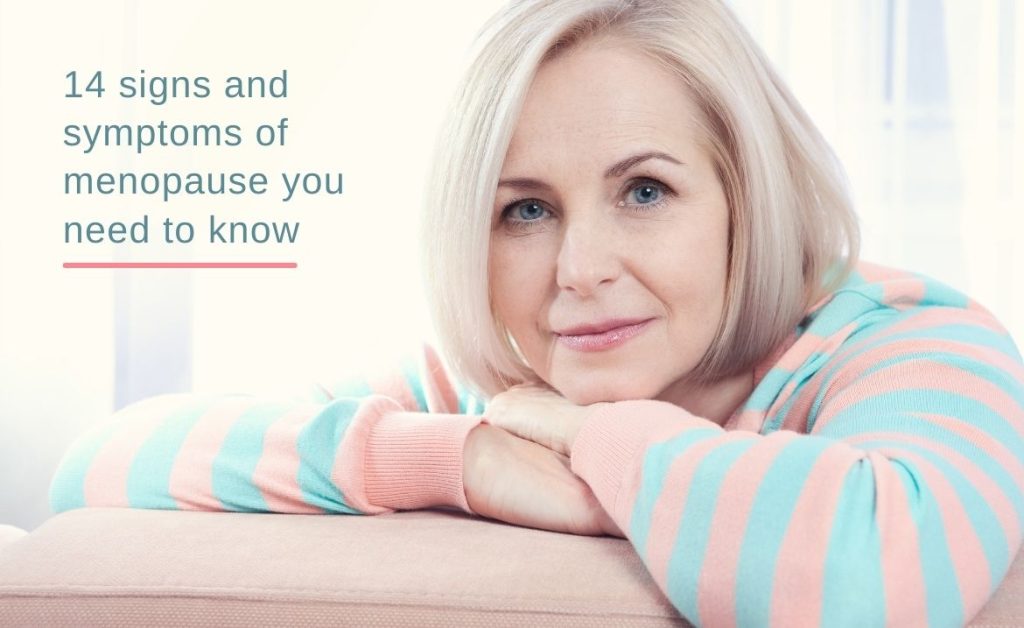Menopause has long been a taboo subject that has been tiptoed around for as long as we know. But the good news is women are now beginning to open up and speak openly about menopause.
However, with so little conversation, you might be wondering – how do I know if I am perimenopausal or menopausal? To answer this question, we’ve put together a quick reference guide below on the signs and symptoms you may experience. But first, you need to know what menopause is and when to expect it.
What is menopause?
Simply put, menopause is when a woman stops having monthly menstrual periods. During this time, your ovaries stop releasing eggs and producing the hormones oestrogen and progesterone.
Most commonly, menopause occurs between the ages of 45 and 55, with the average age for Australian women at 51. On the other hand, some women may experience early menopause (also known as premature menopause), between the ages of 12 and 40, due to a number of reasons such as
- Primary ovarian insufficiency (when your ovaries stop working normally)
- Surgery involving the removal of your uterus
- Cancer treatment
- Family history of premature menopause
What are the symptoms of menopause?
The list of menopause symptoms is vast and varies from woman to woman. Because many of these can be associated with other medical conditions, your GP may overlook menopause as the primary cause and misdiagnose.
While you may not experience all the symptoms listed below, you are most likely to experience one or a combination of them.
Most common menopause symptoms
- Hot flashes
- Vaginal dryness
- Irregular periods
- Night sweats
- Mood swings
- Insomnia
- Fatigue
- Low sex drive
- Breast tenderness
- Thinning of hair
- Heart palpitations
- Joint and muscular pain
- Forgetfulness
- Depression
How do I know if I’m going through menopause?
The sure sign of menopause is the lack of a menstrual cycle for one full year (12 months). Before which you may notice a few perimenopausal symptoms such as
- a change in menstrual bleeding pattern/flow
- menstrual bleeding that lasts for fewer days than before
- hot flushes
If your uterus has been removed, but you still have your ovaries, it might be more difficult to tell that you are going through menopause, although you can still have menopause symptoms. If your ovaries were removed before the usual age of menopause, this is considered “surgical menopause,” you may experience menopause earlier than most women.
When should I see a doctor?
In most cases, you do not need to see a doctor as you enter this phase of your life. But, should you experience uncomfortable symptoms that impact your daily life, such as painful sex, depression or trouble sleeping, we recommend you see your doctor immediately.
Get support to manage your symptoms.
We understand that some symptoms are hard to live with, which is why Dr Kothari and our team will be here to guide and support you every step of the way.
If you are currently experiencing or suspect you have menopausal symptoms that are negatively affecting your daily life, contact us today to book an appointment for a consultation. Dr Kothari is highly experienced in dealing with patients transitioning through menopause and will discuss your treatment options based on your circumstances during your consultation.

